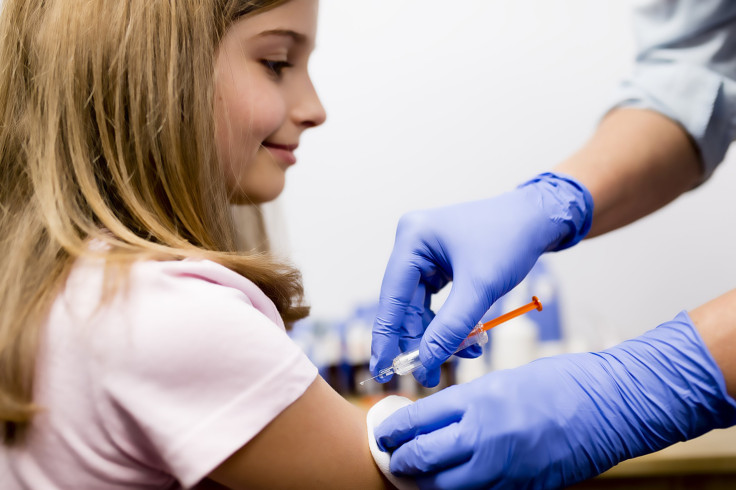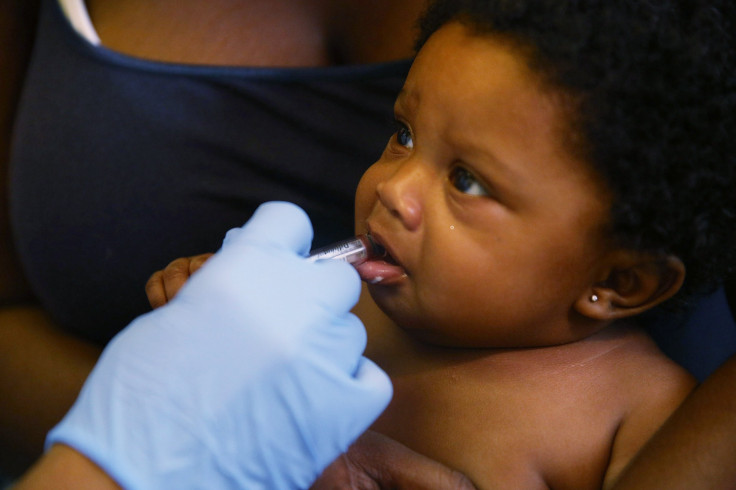UNICEF Blames Misleading Information For Lowest Child Immunization Rate In 30 Years

The United Nations Children's Fund (UNICEF) - formerly the United Nations International Children's Emergency Fund - wants children's immunizations to get back on track now that the world is slowly moving away from the COVID-19 pandemic.
In its State of the World's Children 2023 report, the agency called for the urgent resumption of immunizations on children and routine vaccinations after the heavy disruptions caused by the global health crisis.
But more than the novel coronavirus, UNICEF blamed "misleading information" about vaccines on the significant decrease in child immunizations across the globe. The agency implied that it fueled vaccine hesitancy among many people, especially parents.
"Despite this historic achievement, fear and disinformation about all types of vaccines circulated as widely as the virus itself," UNICEF's Executive Director Catherine Russell said in a press release about how vaccinations during the pandemic got affected by misleading information.
According to its report, vaccination coverage levels significantly decreased in 112 countries amid the pandemic. This is said to be the "largest sustained backslide in childhood immunization in 30 years."
"This data is a worrying warning signal. We cannot allow confidence in routine immunizations to become another victim of the pandemic," Russell noted. "Otherwise, the next wave of deaths could be of more children with measles, diphtheria or other preventable diseases."
From 2019 to 2021, the number of children who did not receive a vaccine jumped from 13 million to 18 million. Meanwhile, the number of under-vaccinated kids rose from 6 million to 25 million. The percentage of fully vaccinated kids dropped from 86% to 81%.
The agency pointed out that due to school closures during the early phase of the COVID-19 pandemic, an estimated 67 million children partially or entirely missed out on routine immunization between 2019 and 2021.
Despite the misinformation, UNICEF said almost half of the 55 countries it studied still support vaccines as a means to prevent infectious diseases. Over 80% of respondents continued to perceive vaccines as "important" for kids.
However, the agency also recognized the inequalities related to vaccination that make it hard for many children to receive the shots. "For far too many children, especially in the most marginalized communities, vaccination is still not available, accessible, or affordable," UNICEF stated in its report.

Published by Medicaldaily.com



























